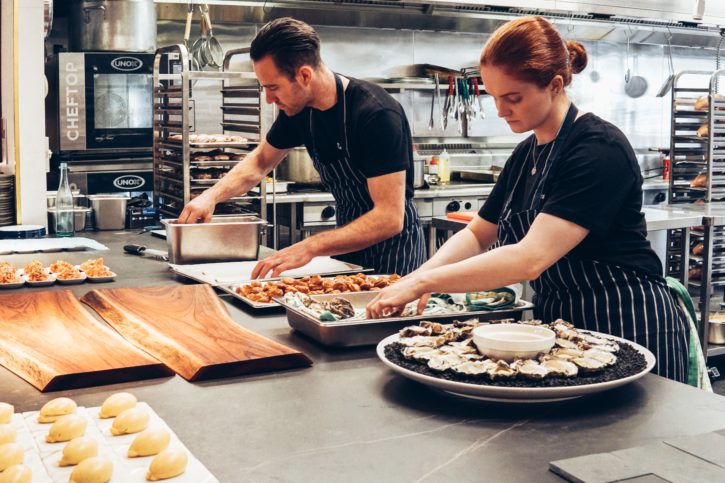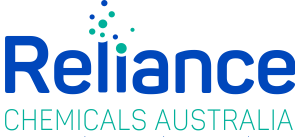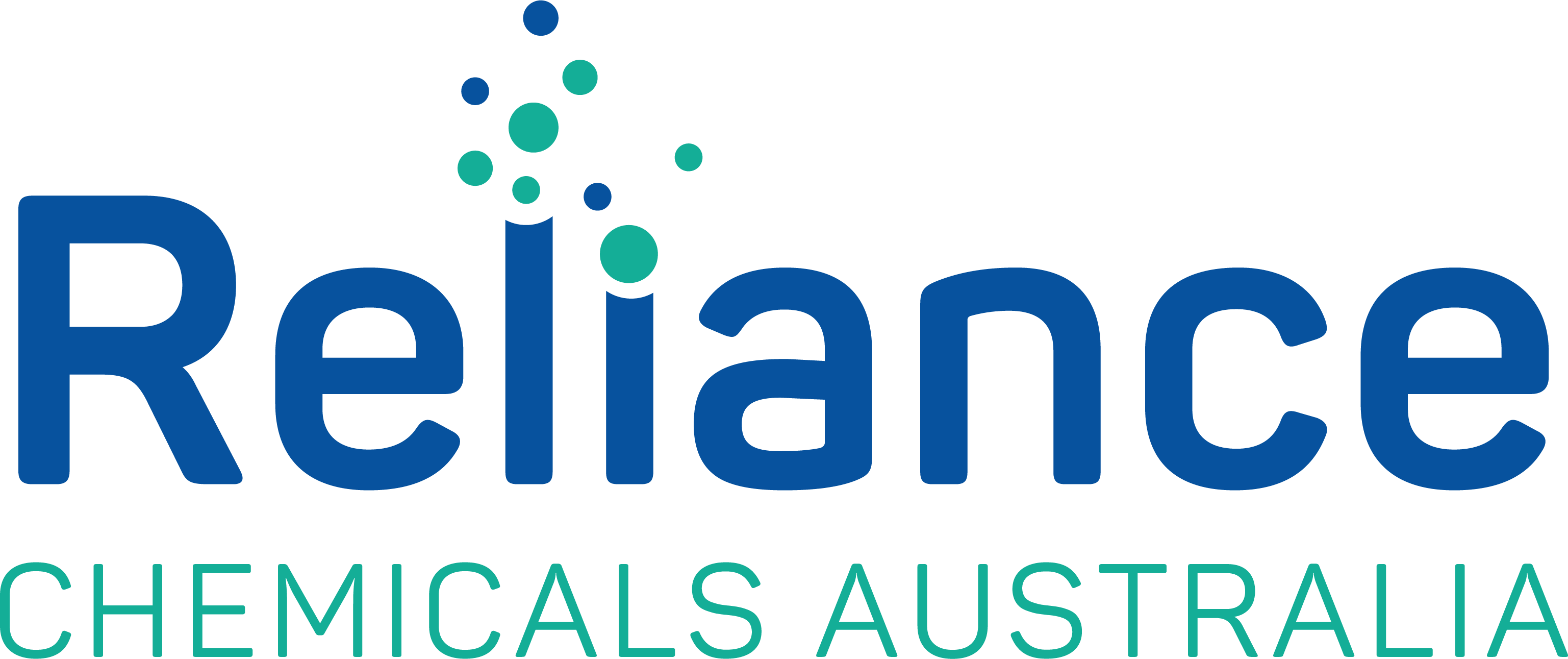Highest quality hygiene and cleaning chemicals

The health and safety of restaurant employees and patrons depend on cleanliness. It is vital to establish guidelines for cleaning restaurants and restaurant equipment, and there should also be processes for training employees on cleaning and sanitation. Besides having processes and using the right cleaning solutions, restaurant management should maintain a rigorous cleaning schedule. Here are some things to remember when planning kitchen cleaning.
Kitchen managers should clean under-sink grease traps and inceptors every week, so things run smoothly. With once a week cleaning, the sewer lines do not get plugged. Note as well the level of grease collected. If the grease machines are more than halfway full, managers should have more frequent cleaning.
Managers should routinely clean the kitchen’s exhaust system filters as well. Doing this prevents oil and grease from escaping and entering the storm drain. It is also a precaution against kitchen fires—an oily exhaust can fan the flames and create a larger kitchen fire.
Most commercial kitchen equipment are made of food-grade stainless steel, which is bacteria-resistant. Keep these items in top condition by cleaning them with mild detergent and wet cloth. Remember to clean and wipe this equipment in the direction of the finish.
Apart from detergent and water, you can use baking soda or a commercial cream cleaner. Once you disinfect, rinse the surface and dry it immediately after. Doing this prevents contamination. The best thing to do, though, is to use commercial-grade cleaning products for restaurant kitchen equipment.
A typical commercial kitchen is bustling, so it is common to see dirty floors in restaurants. Chefs can drop food particles on the floor, which can cause germs to spread. Shoes can also track in dirt from walk-in freezers and food preparation areas, which could cause cross-contamination. Dirty floors are a public health hazard since they have organisms that could cause food-borne illnesses.
Mopping is not enough for these floors. What industrial kitchens need is a floor cleaning system. A system would have an industrial degreaser, which can scrub the floor and suck up the dirty liquid into a holding tank. Also, it is best to leave the floor as the last cleaning task. When you clean the floors last, you avoid having to repeat steps because you catch all the debris from other tasks all at once.
Aside from frequently used tools and spaces, a kitchen needs weekly, monthly, and yearly cleaning procedures. Weekly cleaning should include de-liming the sinks and faucets, cleaning the coffee machines, washing and sanitizing reach-in coolers, and cleaning ovens.
Managers should schedule a monthly cleaning for storage spaces like freezers, ice machines, and dry storage. Yearly tasks include cleaning the hoods and pilot lights, which are time-consuming tasks for which you could hire specialists.
The little details are what keeps a restaurant clean and sanitary. When you have a clean kitchen, you prevent the spread of food-borne illnesses. You also comply with local health and safety regulations, the baseline for all businesses in the food industry. Implementing commercial kitchen cleaning best practices is a must since lives literally depend on it.
Contact Reliance Chemicals for your Australian hospitality business’ cleaning needs. Our range of cleaning solutions consists of industry-compliant and biodegradable products, ensuring both human and environmental safety. Get in touch with us today for enquiries.

